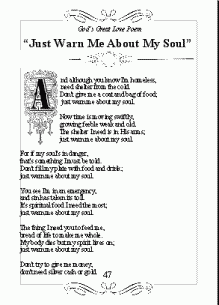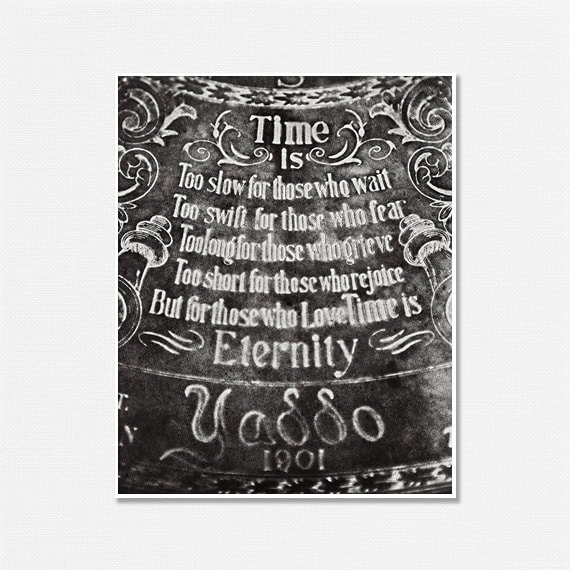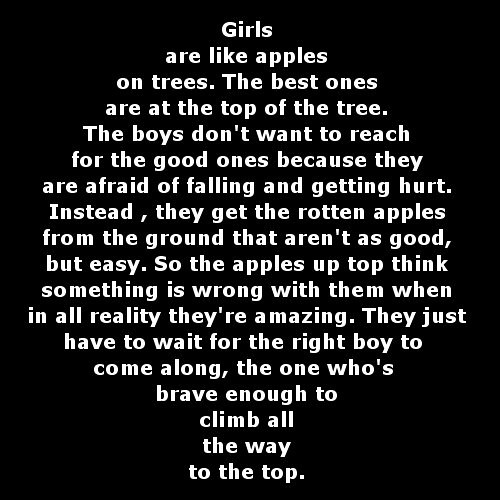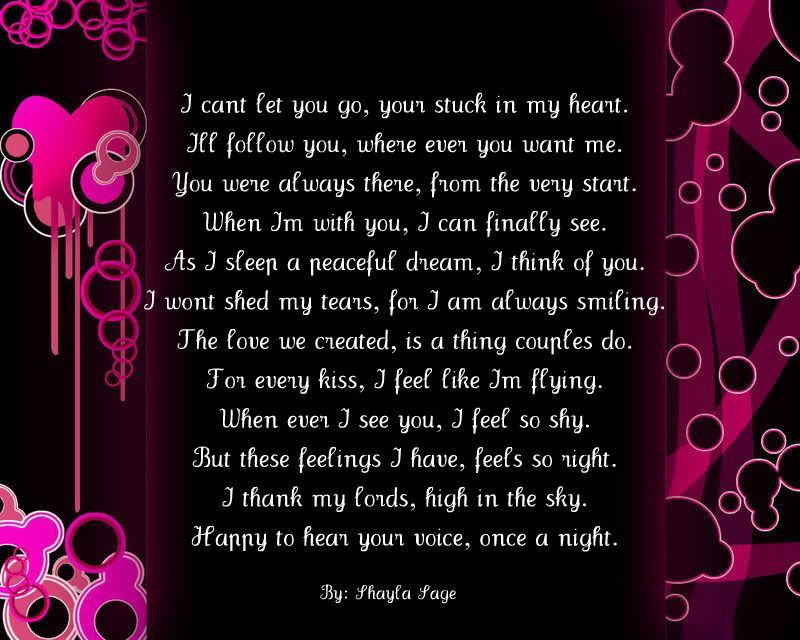Black Love Poems Biography
Source(google.com.pk)Giovanni’s first published volumes of poetry grew out of her response to the assassinations of such figures as Martin Luther King, Jr., Malcolm X, Medgar Evers, and Robert Kennedy, and the pressing need she saw to raise awareness of the plight and the rights of black people. Black Feeling, Black Talk (1967) and Black Judgement (1968) display a strong, militant African-American perspective as Giovanni explores her growing political and spiritual awareness. These early books, followed by Re: Creation (1970), quickly established Giovanni as a prominent new African-American voice. Black Feeling, Black Talk sold over ten thousand copies in its first year alone. Giovanni gave her first public reading to a packed audience at Birdland, the famous New York City jazz spot. Critical reaction to Giovanni’s early work focused on her more revolutionary poetry. Some reviewers found her political and social positions to be unsophisticated, while others were threatened by her rebelliousness. “Nikki writes about the familiar: what she knows, sees, experiences,” Don L. Lee observed in Dynamite Voices I: Black Poets of the 1960s.”It is clear why she conveys such urgency in expressing the need for Black awareness, unity, solidarity....What is perhaps more important is that when the Black poet chooses to serve as political seer, he must display a keen sophistication. Sometimes Nikki oversimplifies and therefore sounds rather naive politically.” However, Giovanni’s first three volumes of poetry were enormously successful, answering a need for inspiration, anger, and solidarity in those who read them. She publicly expressed the feelings of people who had felt voiceless, finding new audiences beyond the usual poetry-reading public. Black Judgement sold six thousand copies in three months, almost six times the sales level expected of a poetry book. As she travelled to speaking engagements at colleges around the country, Giovanni was often hailed as one of the leading black poets of the new black renaissance. The prose poem “Nikki-Rosa,” Giovanni’s reminiscence of her childhood in a close-knit African-American home, was first published in Black Judgement. The poem expanded her appeal and became her most beloved and most anthologized work. During this time, she also made television appearances, later published as conversations with Margaret Walker and James Baldwin.
In 1969, Giovanni took a teaching position at Rutgers University. That year she also gave birth to her son, Thomas. Giovanni’s work shifted focus after the birth of her son and she made several recordings of her poetry set against a gospel or jazz backdrop. In addition to writing her own poetry, Giovanni offered exposure for other African-American women writers through NikTom, Ltd., a publishing cooperative she founded in 1970. Gwendolyn Brooks, Margaret Walker, Carolyn Rodgers, and Mari Evans were among those who benefited from Giovanni’s work. Travels to other parts of the world, including the Caribbean, also filled much of the poet’s time and contributed to the evolution of her work. As she broadened her perspective, Giovanni began to review her own life. Her introspection led to Gemini: An Extended Autobiographical Statement on My First Twenty-five Years of Being a Black Poet (1971), which earned a nomination for the National Book Award.
In addition to writing for adults in Gemini and other works during the early 1970s, Giovanni began to compose verse for children. Among her published volumes for young readers are Spin a Soft Black Song (1971), Ego-Tripping and Other Poems for Young People (1973), and Vacation Time (1980). Written for children of all ages, Giovanni’s poems are unrhymed incantations of childhood images and feelings which also focus on African-American history and explore issues and concerns specific to black youngsters. Giovanni’s later works for children include Knoxville, Tennessee (1994), The Sun Is So Quiet (1996) and Lincoln and Douglass: An American Friendship (2008). Giovanni’s children’s book Rosa (2005) was awarded a Caldecott Medal and the Coretta Scott King Award for illustration.
Throughout the 1970s and 1980s Giovanni’s popularity as a speaker and lecturer increased along with her success as a poet and children’s author. She received numerous awards for her work, including honors from the National Council of Negro Women and the National Association of Radio and Television Announcers. She was featured in articles for such magazines as Ebony, Jet, and Harper’s Bazaar. She also continued to travel, making trips to Europe and Africa, and her increasingly sophisticated and nuanced world view is reflected in her work from the period. Giovanni’s maturity is highlighted in My House (1972). Her viewpoint, the black revolutionary which made her famous, now includes a wide range of social concerns. Her rhymes are more pronounced, more lyrical, and gentler. Family love, loneliness, and frustration—themes which Giovanni had raged over in her earlier works—find softer expression. When Giovanni published Cotton Candy on a Rainy Day (1978), critics viewed it as one of her most somber works, full of emotional ups and downs, fear and insecurity, and the weight of everyday responsibilities. Giovanni’s next book, Those Who Ride the Night Winds (1983), echoes the political activism of her early work as she dedicates various pieces to Phillis Wheatley, Martin Luther King, Jr., and Rosa Parks. As Giovanni has moved through her middle years, her work has continued to reflect her changing concerns and perspectives. The Selected Poems of Nikki Giovanni, 1968-1995 (1996), which spans the first three decades of her career, was heralded by Booklist critic Donna Seaman as a “rich synthesis [that] reveals the evolution of Giovanni’s voice and charts the course of the social issues that are her muses, issues of gender and race.” Twenty of the fifty-three works collected in Love Poems (1997) find the writer musing on subjects as diverse as friendship, sexual desire, motherhood, and loneliness, while the remainder of the volume includes relevant earlier works.
Giovanni continues to supplement her poetry with occasional volumes of nonfiction. In her collection Racism 101 (1994), she looks back at her experiences of the civil rights movement and its aftermath. The book is a rich source of impressions of other black intellectuals, including writer and activist W.E.B. DuBois, writers Henry Louis Gates, Jr. and Toni Morrison, Supreme Court Justice Clarence Thomas, and filmmaker Spike Lee. In addition to publishing original writings, Giovanni has edited poetry collections like the highly praised Shimmy Shimmy Shimmy Like My Sister Kate (1996), a compilation of works composed by African-American writers during the Harlem Renaissance.
Two volumes, Blues: For All the Changes (1999) and Quilting the Black-Eyed Pea: Poems and Not Quite Poems (2002) mark the crossover for Giovanni from the 20th to the 21st century. Blues, published after a battle with lung cancer and her first volume of poetry in five years, “offers thoughts on her battle with illness, on nature, and on the everyday—all laced with doses of harsh reality, a mix of socio-political viewpoints, and personal memories of loss,” wrote Denolynn Carroll of American Visions. Quilting includes, as the title suggests, “anecdotes, musings, and praise songs,” according to Tara Betts of Black Issues Book Review. In 2003, Giovanni published The Nikki Giovanni Poetry Collection, an audio compilation. Spanning her poetry from 1968 to the present and ranging in content from motherhood to Emmett Till. “On the page, much of Giovanni’s writing seems rhetorical,” claimed Rochelle Ratner in Library Journal, but “hearing her read, dogma is replaced by passion.” Bauers praised the production: “The poems are worth the price all by themselves. Giovanni reads with gobs of energy and enthusiasm. Hers is the poetry of plainspeak.”
Giovanni has published no fewer than five books of poetry in the ten years since Blues. Her omnibus The Collected Poetry of Nikki Giovanni (2003) collects poetry from each of her eleven volumes of poetry and includes a chronology and extensive notes for each selection. A review from Publishers Weekly noted that Giovanni’s “outspoken advocacy, her consciousness of roots in oral traditions, and her charismatic delivery place her among the forebearers of present-day slam and spoken-word scenes.” Giovanni is an avid supporter of slam, spoken-word and hip-hop, calling the latter “the modern equivalent of what spirituals meant to earlier generations of blacks.” Her writing continues to be accessible and impassioned in books like The Prosaic Soul of Nikki Giovanni (2003) and Acolytes (2007), though critics have noted a certain mellowing in tone. Bicycles: Love Poems (2009) was a follow-up to her earlier Love Poems. “Love is kept in check by age and experience,” wrote John Stoehr for the Charleston City Paper. “Giovanni doesn’t allow it to overwhelm her, as she did the righteous indignation in her youth. Love requires trust and balance, she writes, just like riding a bike.”
Giovanni has received numerous awards and accolades for her work including multiple NAACP Image Awards, the Langston Hughes Award for Distinguished Contributions to Arts and Letters, the Rosa Parks Women of Courage Award and over twenty honorary degrees from colleges and universities around the country. Giovanni has even had a species of bat named after her, the Micronycteris giovanniae. Giovanni taught at Virginia Tech during the tragic shooting in 2007 and composed a chant-poem which she read at the memorial service the day after. Of the poem, Giovanni said in an interview with the Virginian-Pilot “I try to be honest in my work, and I thought the only thing I can do at that point—because all I knew was that we are Virginia Tech. This was not Virginia Tech.”
“Writing is ... what I do to justify the air I breathe,” Giovanni wrote, explaining her choice of a vocation in Contemporary Authors. “I have been considered a writer who writes from rage and it confuses me. What else do writers write from? A poem has to say something. It has to make some sort of sense; be lyrical; to the point; and still able to be read by whatever reader is kind enough to pick up the book.”
Nikki Giovanni is one of the best-known African-American poets who reached prominence during the late 1960s and early 1970s. Her unique and insightful poetry testifies to her own evolving awareness and experiences: from child to young woman, from naive college freshman to seasoned civil rights activist, from daughter to mother. Frequently anthologized, Giovanni’s poetry expresses strong racial pride and respect for family. Her informal style makes her work accessible to both adults and children. In addition to collections such as Re: Creation (1970), Love Poems (1997), and The Collected Poems of Nikki Giovanni (2003), Giovanni has published several works of nonfiction, children’s literature and recordings, including the Emmy-award nominated The Nikki Giovanni Poetry Collection (2004). A frequent lecturer and reader, Giovanni has taught at Rutgers University, Ohio State University, and Virginia Tech.
Giovanni was born in Knoxville, Tennessee in 1943, the younger of two daughters in a close-knit family. She gained an intense appreciation for her African-American heritage from her outspoken grandmother, explaining in an interview, “I come from a long line of storytellers.” This early exposure to the power of spoken language influenced Giovanni’s career as a poet, particularly in her propensity towards colloquial speech. When Giovanni was a young child, she moved with her parents from Knoxville to a predominantly black suburb of Cincinnati, Ohio but remained close to her grandmother. Giovanni was encouraged by several schoolteachers and enrolled early at Fisk University, a prestigious, all-black college in Nashville, Tennessee. A black renaissance was emerging at Fisk, as writers and other artists of color were finding new ways of expressing their distinct culture. In addition to serving as editor of the campus literary magazine and participating in the Fisk Writers Workshop, Giovanni worked to restore the Fisk chapter of the Student Non-Violent Coordinating Committee (SNCC). Giovanni graduated with a B.A. in history in 1968 and went on to attend graduate school at the University of Pennsylvania and Columbia University in New York
Black Love Poems

Black Love Poems

Black Love Poems

Black Love Poems

Black Love Poems

Black Love Poems

Black Love Poems

Black Love Poems
Black Love Poems

Black Love Poems

No comments:
Post a Comment